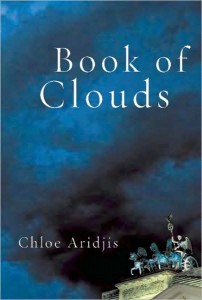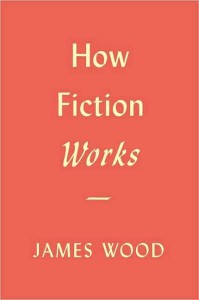Five Ways to Celebrate Short Stories
by Erika Dreifus
Here at FWR, we’re certainly doing our collective best to honor the art and craft of the short story this month. But there are lots of ways that each fiction writer can celebrate short stories individually. Here are five possibilities: Participate in #StorySunday: Reminded each Sunday by @TaniaHershman, short-story fans are encouraged to share a link via Twitter to someone else’s short story using the hashtag #StorySunday. Quick. Painless. Free. Click here to see the latest #StorySunday tweets. Listen to Selected Shorts: As its brand-new website explains, Selected Shorts “is a weekly public radio show broadcast on over 130 stations […]



























